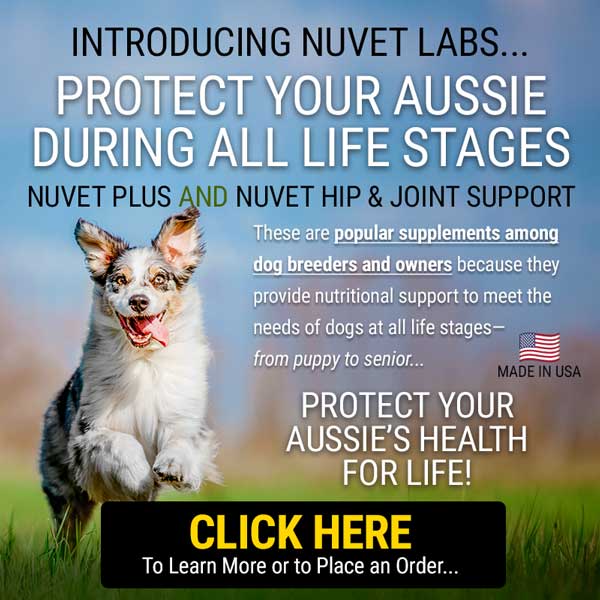
Dog Food Allergy Identification And Treatment
Dog food allergy is a more common problem than you might think. Just like their human counterparts, dogs can develop an adverse reaction to various types of foods. The results can be uncomfortable but attempting to treat the allergen by removing certain foods from your dog's diet may actually do more harm than good. If you suspect an allergy it is important to proceed properly.
While the concept of food allergies is the same for dogs and humans, they don't manifest in the same way at all. While an allergy to a specific kind of food may cause a person to have potentially life-threatening throat swelling, in dogs allergies are most likely to manifest as itching. If your dog suddenly begins to experience itching, particularly on the ears and feet, that doesn't have any other obvious cause, it may be an allergy to food.
Unfortunately, the process of identifying a dog food allergy can be a tricky one and simply eliminating certain foods can lead to potentially harmful nutritional deficiencies, so it is not recommended that you try to do this on your own. If you suspect an allergy in your dog, your first step should always be to contact your veterinarian. He or she will be able to safely guide you and your pet through the process of determining the exact cause of the allergy so that it can be avoided in the future.

Photo-SD / stock.adobe.com
Sometimes the cause of a food allergy in dogs will seem obvious, but it's important to always test to confirm your suspicions.
One thing you should never do is assume that a particular food is the cause simply because it was recently introduced. It is absolutely possible for a dog to suddenly develop an allergy to something he has eaten many times before. Also, while most allergies develop during the first year of life it is also possible for older dogs to develop them as well. This is why making uneducated guesses can be so dangerous for your pet.
As in humans, food allergies occur when the body's immune system misidentifies a food as a threat and begins to attack it. The symptoms that occur are the result of the immune system mistakenly going into defense mode. The only successful way to treat a dog food allergy is to identify the trigger, and that means changing your dog's diet drastically using a "hypoallergenic" dog food.
Assessing The Cause Of A Dog Food Allergy
After about 8-10 weeks of eating only the hypoallergenic food, the dog can be assessed to determine whether the allergy symptoms have eased up. The amount of time it will take for the hypoallergenic diet to have an effect can vary from one dog to another. Once you notice a change, the vet will need to run a test by reintroducing the original food and seeing if the dog reacts. If it does, then you'll know for sure that an allergy is the cause.
The next step will be to introduce individual ingredients until you can determine the exact cause of the dog food allergy. It is vital that you work with your vet to determine the best food to give to your dog in order to avoid allergies. Various breeds require different levels of nutrition based on their activity level. High-energy breeds like the Australian Shepherd, for instance, may require more protein. Again your vet will be able to guide you in your selection.
Food allergies are almost impossible to avoid but if your dog should develop one, you can work with your vet to identify and eliminate the offending ingredient. Then you and your four-legged friend will both be able to breathe easier knowing he's getting the nutrition he needs without any unpleasant side effects.
For more information about Aussie health issues see the Australian Shepherd Health & Genetics Institute (ASHGI).
Have Dog Training Questions?
Check out these introductory dog training videos...
I want my dog to stop being aggressive.
I want some help training my new puppy.
I want my dog to stop barking at everything.
Get Australian Shepherd Info, Website Updates, Special Offers, and Cartoons...
FREE GIFT
You'll also receive a free copy of the ebook
My Everyday Dog Training Tools
by professional dog trainer Daniel Abdelnoor, "Doggy Dan"










 Loading Image...
Loading Image...